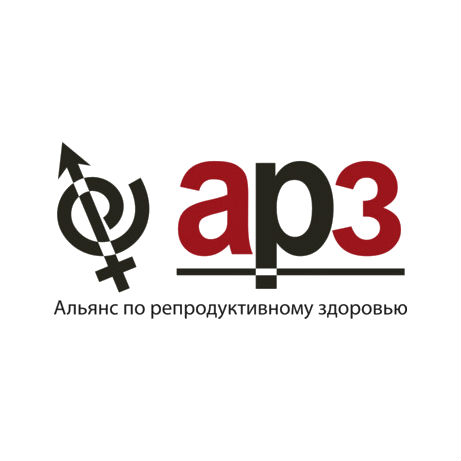

| 31 March 2016
Reproductive Health Alliance of Kyrgyzstan
The Reproductive Health Alliance Kyrgyzstan (RHAK) was set up in 2001, and its services now extend across all 7 regions of the Kyrgyz Republic (Osh, Jalal-Abad, Talas, Chui, Naryn, Batken, Issyk-Kul). From its inception, RHAK has enjoyed strong youth support and input into its organization, policy-making and delivery. As a result, its youth work is a distinctive strength. RHAK has developed information materials for adolescents which cover critical sexual and reproductive health (SRH) issues such as contraception and the prevention and treatment of sexually transmitted infections (STIs, including HIV and AIDS). A significant contingent of national and international trainers have been involved in training health professionals and volunteers who’ve subsequently trained groups of all sorts in SRH. Particular interest groups include refugees and internal migrants, injecting drug users (IDUs), sex workers, children in care and homeless children. RHAK is an active member of collaborative, central Asian initiatives to address the particular SRH needs and challenges of internally displaced persons (IDPs) and repatriates. This work has included the publication and circulation of a substantial range of written materials, and the creation of 3 clinics located expressly to serve migrant communities. Contacts Website: http://www.rhak.kg/english/index.php Facebook: https://www.facebook.com/rhakkg

| 19 January 2024
Llaves - Honduras
LLAVES is a non-profit organization founded in 1999 by Allan Dunaway and Rosa Gonzalez in response to the particular needs of people living with HIV, specifically in the defense of the human rights of this population. LLAVES has developed expertise in the area of communication and uses it as a vehicle for primary and secondary prevention of HIV and other STIs, human rights advocacy, political advocacy, promotion of values, as well as the involvement of other key actors in the response to the epidemic, and its territorial areas of work are regional, national and international. LLAVES seeks to enhance the availability and quality of access to and use of key information, products and services for development that contribute significantly to improving the lives of people living with HIV and other vulnerable groups. The advocacy developed by LLAVES has been instrumental in achieving access to comprehensive care for people living with HIV, as well as a legal framework such as the special HIV Law and its reform. LLAVES has also been active in the development and implementation of the Five Year Plan on HIV and Human Rights: Reducing Human Rights Related Barriers to Access to HIV Services, an ambitious plan that aims to reduce legal, policy, scientific and community gaps. It comprises seven program areas, aimed at strengthening programs to protect and promote human rights, because human rights-related barriers impede the reach, use and impact of comprehensive HIV prevention and care services. Instagram Twitter







